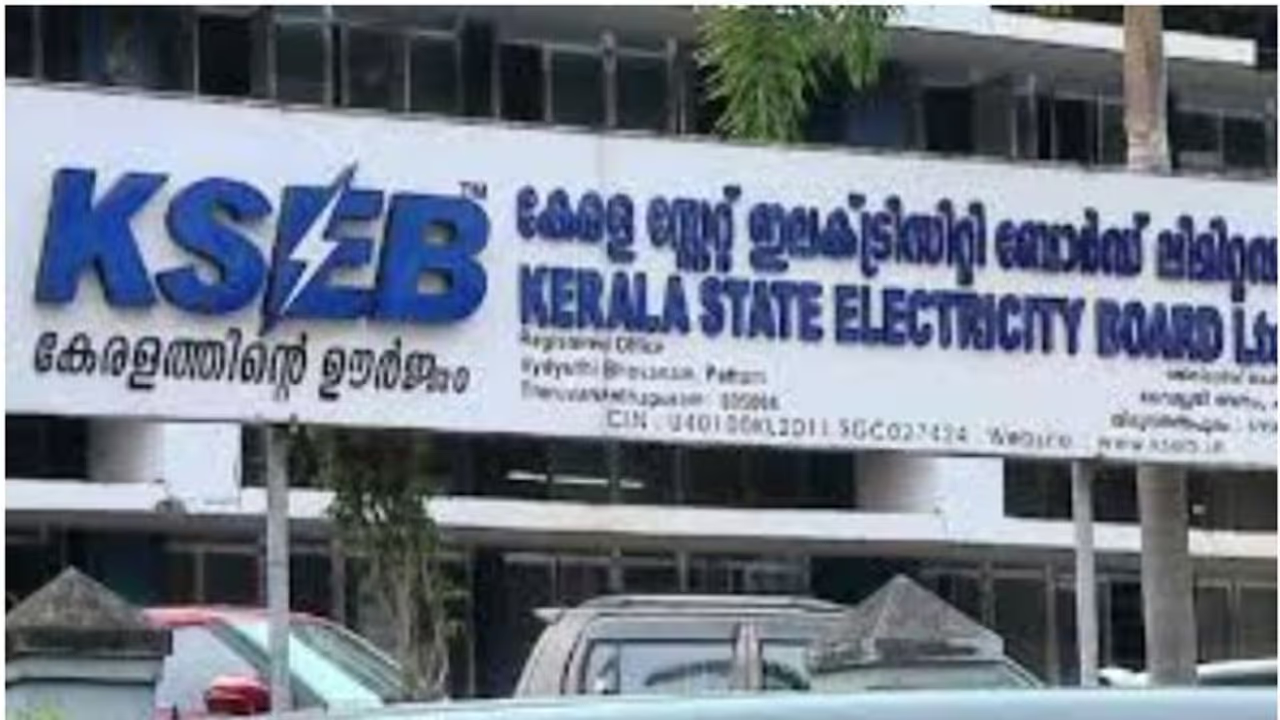KSEB is exploring options to implement monthly billing instead of the current bi-monthly system. Plans include allowing consumers to perform their own meter readings and incorporating QR codes for immediate payments with spot bills.
Thiruvananthapuram: The Kerala State Electricity Board (KSEB) is actively considering the shift from bimonthly to monthly billing. Consumers will soon have the option to record their own meter readings and pay their bills accordingly. Additionally, spot bills will feature QR codes to facilitate immediate payments.

KSEB is exploring these changes as part of its plan to simplify billing for its 1.40 crore consumers. The switch to monthly billing addresses long-standing consumer requests and aims to prevent high bills caused by bimonthly assessments. Consumers who exceed 200 units of usage will pay a higher tariff of Rs 8.20 per additional unit. Monthly billing is expected to mitigate issues related to higher tariffs and excessive bills.
Currently, the cost of a single meter reading is approximately Rs 9, but with monthly billing, this expense could double. Implementing spot billing would require hiring additional staff. To address these challenges, KSEB is considering allowing consumers to take their own meter readings as a cost-saving measure. Consumers would then be able to submit their readings and pay their bills through section offices or customer care numbers, potentially via a WhatsApp group or similar platform.
Next month, when KSEB staff visit homes for spot billing, they will only need to verify the consumer's reading. The possibility of incorporating a QR code with the spot bill to facilitate immediate payment is also under consideration. This shift to monthly billing is expected to help KSEB reduce excessive arrears and lower liabilities. Currently, the government and public sector institutions have accumulated arrears of Rs 3,400 crore in electricity charges. By switching to monthly billing, the board anticipates that many institutions will be more inclined to pay their bills on time each month.
